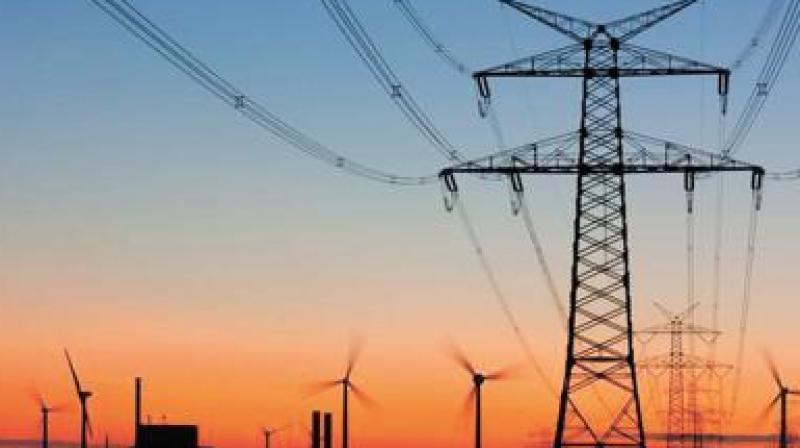Schemes to promote innovative energy use in Kerala
Rs 3.70 crore has been set apart for energy conservation fund from state's plan outlay

THIRUVANANTHAPURAM: The original plan of the state was to collect a cess from power consumers to set up a conservation fund. Now, realising that it would be politically untenable, the state government has decided to set up the fund all by itself. Rs 3.70 crore has been set apart in the State's Plan Outlay for Kerala State Energy Conservation Fund. The Fund will be used mainly for three activities. One, Energy Audit Subsidy Scheme. Under this scheme, the fund will offer a subsidy for energy audits to encourage and promote the conduct of energy audits for industrial, commercial and public buildings. Two, Energy Efficiency Scheme for Public Utilities. This scheme is to encourage and promote the implementation of energy efficient projects.
Three, walk-through energy audit for MSME sectors and government buildings. The walk-through energy audit will identify the energy conservation potential and will suggest the opportunities before going in for detailed energy audit in an industry or commercial establishment. Out of the Rs 3.70 crore, Rs 1.20 crore is earmarked exclusively for the implementation of Small Hydro Power Development Programme which covers micro or pico hydel project development (Pico hydro is a term used for hydroelectric power generation of under 5 kW), total river basin study to identify and prioritise possible small hydel sites within individual river basins in Pathanamthitta district and the implementation of hybrid micro grids for electrification of remote tribal village connecting pico hydel and renewable (solar and wind) projects.
The fund will be administered by Energy Management Centre. "Conservation has become a matter of great urgency in Kerala where the demand-supply gap is growing rapidly," a top EMC official said. A study conducted by the EMC had found that there has been a 250 per cent increase in commercial buildings in the state in the last five years. "Further, if energy consumption is not drastically curtailed, there is the danger of the state having to depend on costly power from outside in the years to come. The share of costly thermal power in the state's energy mix could also go up," the official said.

